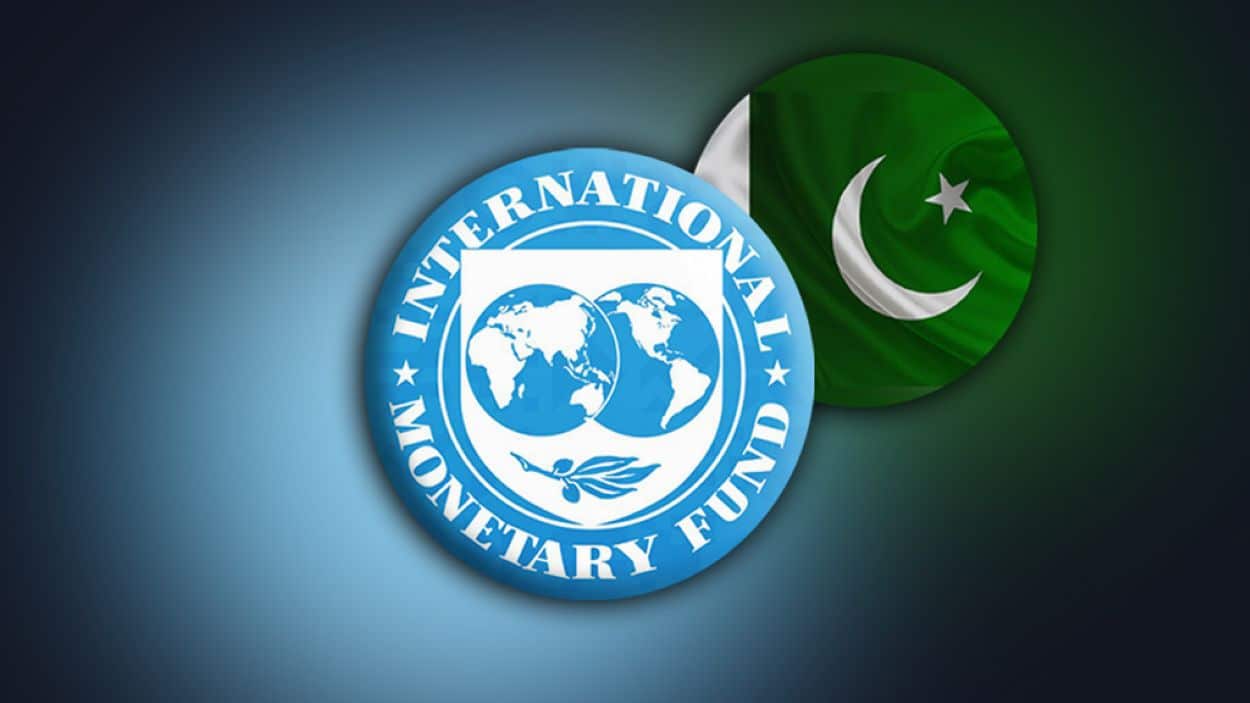The International Monetary Fund (IMF) shared deep condolences for the lives lost in Pakistan’s devastating floods. The floods have killed 972 people, per the National Disaster Management Authority. As the crisis worsens, the IMF’s upcoming Extended Fund Facility (EFF) review will assess whether Pakistan’s budget can meet the emergency needs.
Mahir Binici, the IMF’s representative in Pakistan, said the EFF mission will look at the 2026 budget. It will check if spending and emergency plans can meet the flood crisis demands. The review will ensure Pakistan’s policies stay flexible to support affected communities. The IMF approved a $1.4 billion loan in May 2025 to boost Pakistan’s ability to handle climate disasters. Funds depend on passing these reviews.
As per Reuters, the floods have destroyed crops, livestock, and homes in Punjab. They now threaten Sindh, raising fears of food price hikes. An analyst predicts the agricultural damage could cut economic growth by 0.2 percentage points this year. Reconstruction may help, but it won’t fully offset the losses. Pakistan’s central bank is likely to keep its key rate at 11% on Monday, balancing inflation risks with a slowing economy.
Read: Pakistan Plans New Tax for Jinnah Medical Complex with IMF Approval
The Global Climate Risk Index ranks Pakistan as highly vulnerable to climate change. The ongoing floods highlight this risk, causing widespread hardship in a country already facing economic challenges. The IMF’s support aims to strengthen Pakistan’s ability to respond to such disasters and protect its people.
Pakistan’s flood crisis affects millions, from farmers to city residents. The IMF’s review could shape how the country recovers and prepares for future disasters. This support is vital for a nation hit hard by climate change, showing the need for global help in tough times.






